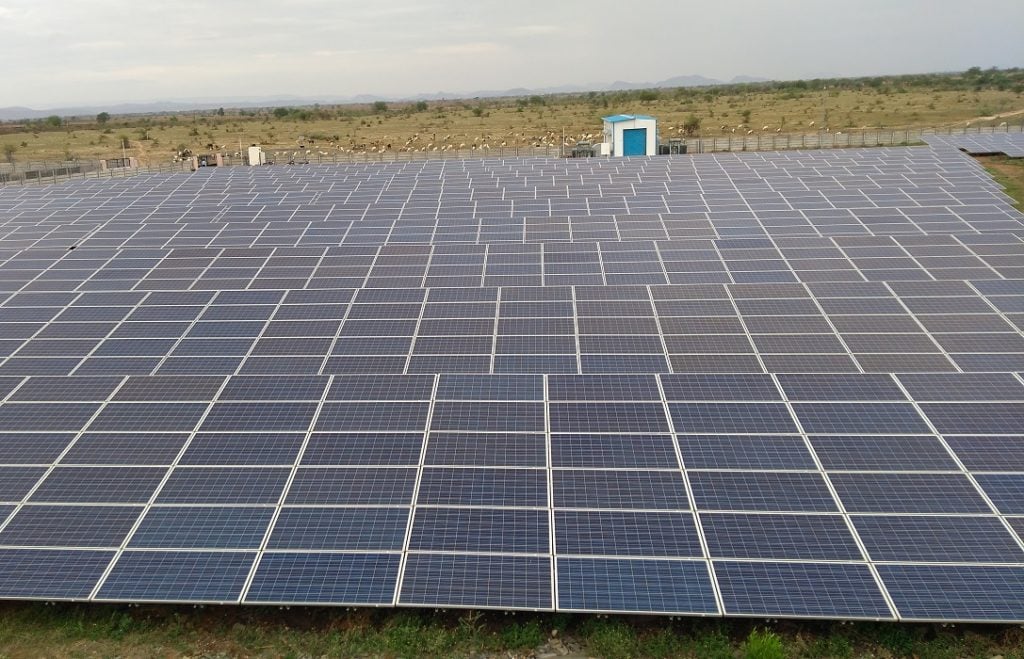
Solar manufacturers that plan on setting up integrated, higher capacity plants in India will be given preference in the country’s new production-linked incentive (PLI) programme.
The Ministry of New and Renewable Energy (MNRE) yesterday (Thursday 29 April 2021) released guidelines for the scheme, which forms part of government efforts to reduce the country’s reliance on foreign solar imports by supporting domestic manufacturers.
Try Premium for just $1
- Full premium access for the first month at only $1
- Converts to an annual rate after 30 days unless cancelled
- Cancel anytime during the trial period
Premium Benefits
- Expert industry analysis and interviews
- Digital access to PV Tech Power journal
- Exclusive event discounts
Or get the full Premium subscription right away
Or continue reading this article for free
Some INR45 billion (US$603 million) will be allocated over five years to back the domestic development of high-efficiency PV modules, with preference given to manufacturers that plan on setting up fully integrated solar PV manufacturing plants using silicon-based technology, fully integrated thin-film technology or “any other technology”. MNRE said technologies that result in better module performance will be incentivised.
Applicant manufacturers will have to set up a plant with a minimum capacity of 1GW, while the maximum capacity that can be awarded to one recipient is 50% of their bid capacity or 2GW, whichever is less. PLIs will be given on the production and sales of high-efficiency modules by the selected units.
Modules produced by the PLI beneficiaries must have a minimum efficiency of 19.5% with temperature coefficient of Pmax better than -0.30%/°C, or an efficiency of 20% with temperature coefficient of Pmax equal to or better than -0.4%/°C.
The requirements also stipulate that plants featuring imported capital goods for setting up the module manufacturing facility before the last date of bid submission will not be eligible for participation, with manufacturers encouraged to source their material from the domestic market.
Vinay Rustagi, managing director at consultancy Bridge to India, raised concerns about the complexity of the scheme’s design and warned that the subsidies awarded to winning bidders could be too low. “We will get more information in the tender documents, but we believe that actual subsidy pay out could be less than 10% of revenues, in which case, most bidders would be wary of participating under this framework,” he said.
Initially approved in November, the PLI scheme forms part of Indian government efforts to reach 280GW of installed solar by 2030, meaning around 25GW will have to be deployed each year until then.
According to MNRE, India’s domestic manufacturing industry has annual capacities of 9GW – 10GW for PV modules and around 2.5GW for cells, meaning solar deployment in the country currently depends largely on imported equipment.
Other government efforts to boost domestic solar manufacturing have seen the introduction of a 20% levy on inverters and a safeguard duty on modules and cells that will expire in July. As of April 2022, a 40% basic customs duty on both modules and cells will come into effect, with project developers expected to ramp up efforts to commission solar projects before then.
Article updated to include comment from Bridge to India.






